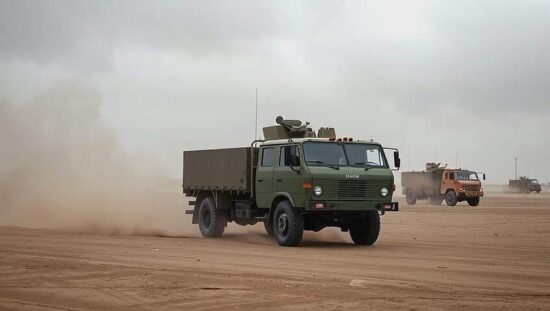Germany is accelerating its efforts to bolster air defense capabilities, prioritizing the development and deployment of drone countermeasures in response to escalating security threats across Europe. The government intends to order over 600 Skyranger 30 air defense vehicles from arms manufacturer Rheinmetall as early as this year, marking a significant investment exceeding nine billion euros. Deliveries are slated to continue until 2030.
The decision reflects a heightened urgency following a surge in drone sightings throughout the continent and disruptive incidents, such as the recent disruptions at Munich Airport. The Skyranger 30, a Rheinmetall system utilizing a cannon-based approach specifically designed for neutralizing low-flying objects, represents a critical upgrade to the Bundeswehr’s defensive arsenal. Crucially, it’s positioned as a successor to the Gepard self-propelled anti-aircraft gun, which has demonstrated considerable effectiveness in Ukraine against Russian Geran drones.
While framed as a necessary response to emerging threats, the procurement plan also prompts critical examination. The substantial cost of the project invites scrutiny, particularly given ongoing debates regarding Germany’s defense spending and the allocation of resources within the Bundeswehr. Concerns have been raised about potential cost overruns and the long-term sustainability of such a large-scale procurement.
To expedite delivery timelines, Rheinmetall and radar specialist Hensoldt have significantly expanded production capacities. Hensoldt’s recent opening of a new facility in Ulm, projected to produce approximately 1,000 radars annually from 2027 onwards, highlights the concentrated effort to meet the anticipated demand for Skyranger components. This rapid industrial expansion, while demonstrating agility, also poses questions regarding potential supply chain vulnerabilities and the long-term impact on resource allocation within the defense industrial base. The reliance on a relatively small number of key industrial partners, such as Rheinmetall and Hensoldt, raises concerns about potential dependencies and the need for greater diversification within the German defense sector.





